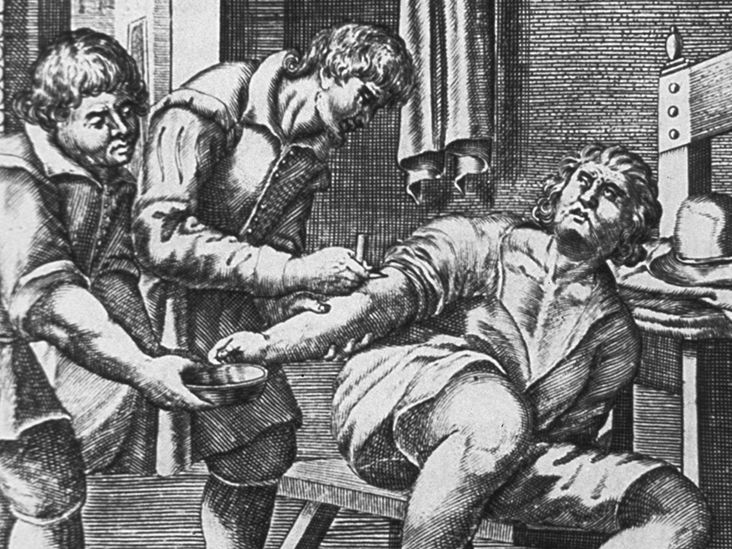Zilsniggy
Well-Known Member
- Messages
- 437
- Type of diabetes
- Type 2
- Treatment type
- Insulin
Many people are very confused by this. It is now generally accepted that dietary cholesterol has a minimal effect on blood scolesterol, and that the more important factors are the HDL/LDL ratio, and ttriglycerides. I wouldn’t bother wasting money on anything which claims to have ‘plant stenols’ such as Benecol, since these actually have a minimal effect on cholesterol……don’t believe the hype, they’re just trying to fleece you of your money!Hi all,
is anyone else struggling with conflicting advice regarding diet?
As a T2D I also have slightly raised cholesterol.
I have made my diet as cholesterol friendly as I can, but I thought I would also try some Benecol type products with the added plant stencils.
Unfortunately the only ones I have found have synthetic sweeteners which recent research says is no better for “us” than normal sugar, and is probably worse.(micro biome, etc).
I eat berries, etc, but worry about the fructose. Does the
benefit of the phytonutrients, polyphenols, fibre, etc, outweigh the downside of the fructose?
Does the generally accepted benefit of porridge oats helping to lower cholesterol outweigh the fact that it is a carbohydrate?
Has anyone been doing the HFLC diet for long enough to know that it has no long term implications?
I don’t like drinking water, but am now concerned about the aspartame in every single “low sugar “ squash I can find.
It a blooming minefield!
Stay away from porridge, its far too high in carbs, which, although digest slower, still result in glucose being dumped into your bloodstream, just a bit later than the usual 2-3 hour mark..
As for berries and fructose, a portion of strawberries, raspberries etc isn’t going to massively raise your glucose, as the amount of fructose is fairly limited.
HFLC has no long term implications that I’ve heard of, and surely if it does, they can be no worse than the long term implications of uncontrolled diabetes?





 an excellent article to read, obviously not sure how to implement.
an excellent article to read, obviously not sure how to implement. 